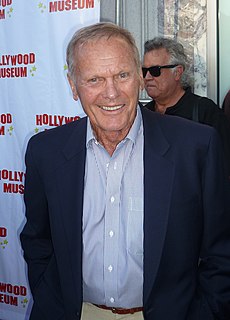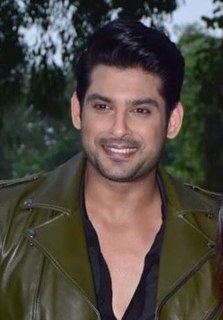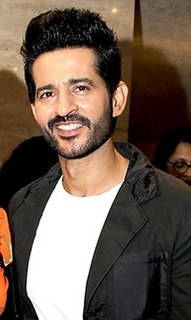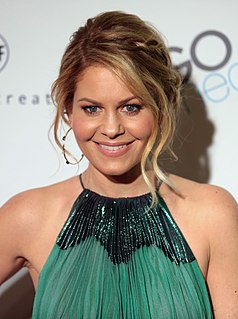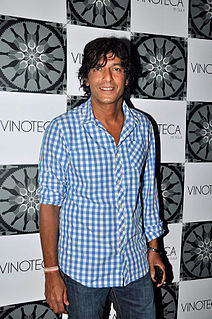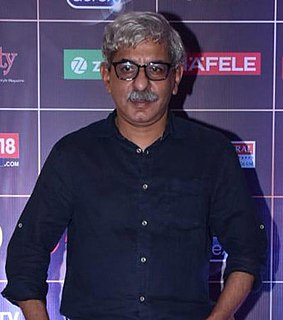A Quote by Tab Hunter
Once in a while a good opportunity would come along, like the first 'Playhouse 90 ever to air - working in television afforded me my best opportunities. The (film) industry was going through such turmoil at the time - studios didn't know where to go anymore, they were falling apart, television was there. They didn't know what kind of films people wanted. The European films were making a huge impact because those films wanted real people in real situations.
Quote Topics
Afforded
Air
Along
Anymore
Apart
Because
Best
Come
European
Ever
Falling
Falling Apart
Film
Films
First
Go
Going
Good
Good Opportunity
Huge
Huge Impact
Impact
Industry
Kind
Know
Like
Making
Me
Once
Opportunities
Opportunity
People
Real
Real People
Situations
Studios
Television
Those
Through
Time
Turmoil
Wanted
Were
While
Working
Would
Related Quotes
When I first started making films 30 years ago, people would comment that I was a woman. But strangely, when I was in television, no one ever mentioned that I was a woman. Maybe it was because television and film were different. There were more women working in television than men. There was no split in terms of work - everyone was considered equal
The people I met for the first time in the period when I was making films like 'Tum Bin,' 'Ra.One,' 'Dus,' 'Cash' would often remark that I was very unlike the person who had made those films. This is not the best thing for a film-maker to hear because your film should reflect your personality, thinking, philosophy and character.
I think these are such different films that it's hard to compare, because with Quentin we were all just like, it was like a party every day, you know, it was like that film was just like silly, it was just really for fun, it was really, it wasn't, you know, to make a huge impact. I t was just we wanted to have fun and go to work every day and do a fun movie. And this is like huge, I mean, this is like huge studio film, there's a ton of action, it's like really hard work.
When I started acting in the film industry when I was 16 years old, in 1980, I was going to all the revival theaters in Los Angeles. They were playing mostly films from the '60s and '70s, some from the early '20s and '30s, before that Hays commission. Those films did question things a lot, and there definitely was a switch in 1934. You can see very distinctly in 1934, it's harder to understand what the real culture was. Films made before 1934, you can really kind of see the racism, sexism, drug use, etc. that was going on at that time. And then it was all stopped.
I enjoy the making of the film and it's something for me to do. If nobody ever comes to my films, if people don't want to give me money to make films, that will stop me. But as long as people come all over the world and I have an audience and I have ideas for films, I will do them for as long as I enjoy the process. And I like the whole process of making a film.
I could never be Charlie Chaplin. But the films that were made by people like him, or Gene Wilder, or John Candy, the people that inspired me so much were the people that were able to combine humor with heartbreak so beautifully and fluidly. Those films I think were what inspired me to want to come to L.A. and audition for movies.
European films had art. And it was easy to make a European film. They didn't come from the studio system, they weren't shot in sound studios, and that's a good thing, because in the studio system those movies would never have had a chance. And since we were coming from Europe, it was natural for us to use that simple style. Small budgets, less equipment, that was just how it was.
In the '60s and '70s it was a great period for American films because studios were still run by individuals who worked off the seat of their pants and went along with things. At that time, they were very uncertain about what to make because of the influence of television. A lot of really terrific movies were made. But then the studios gradually became more corporate and were owned by corporations and run in that way and now they're very nervous. You see what they make - sequels, franchises and try not to take risks.
